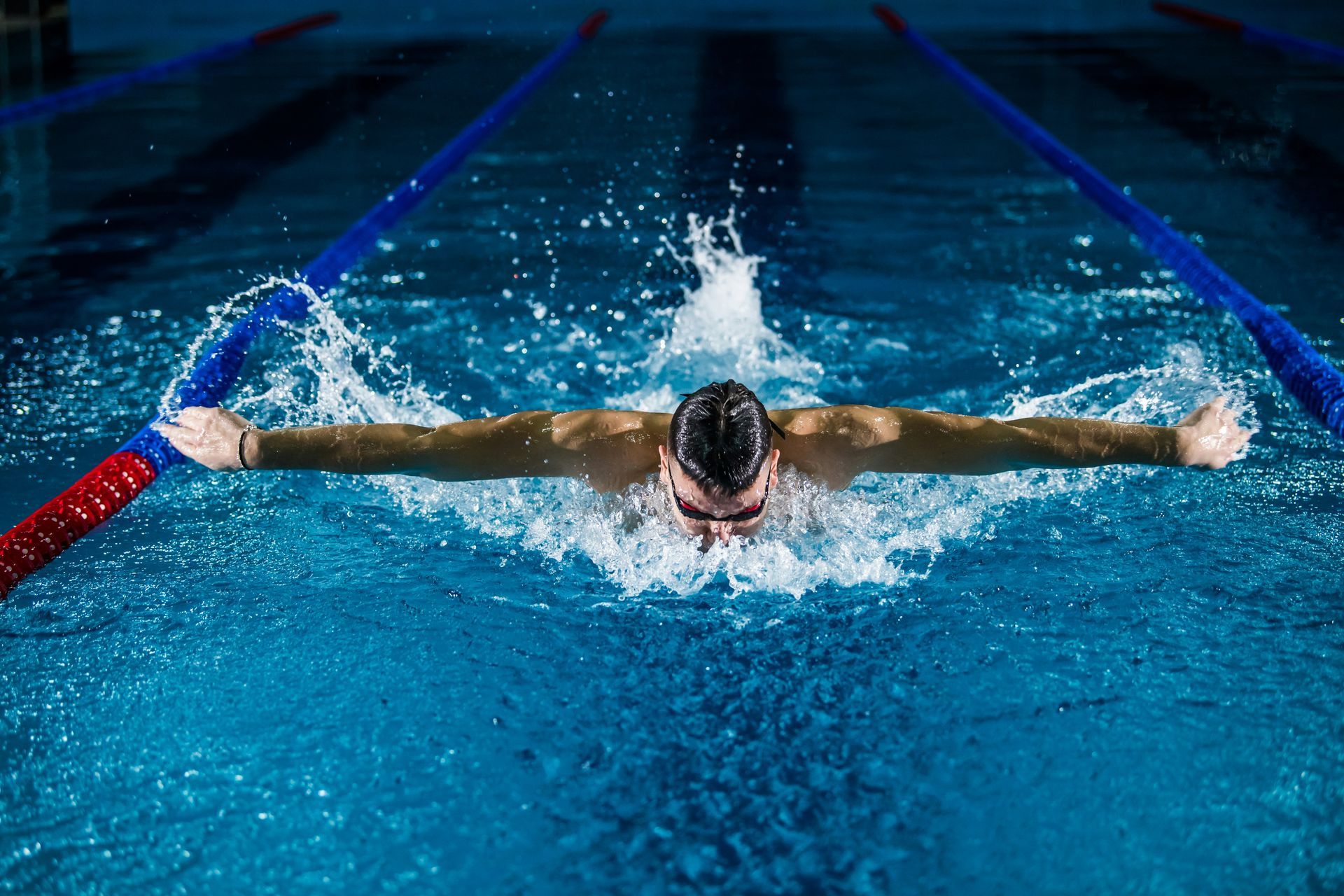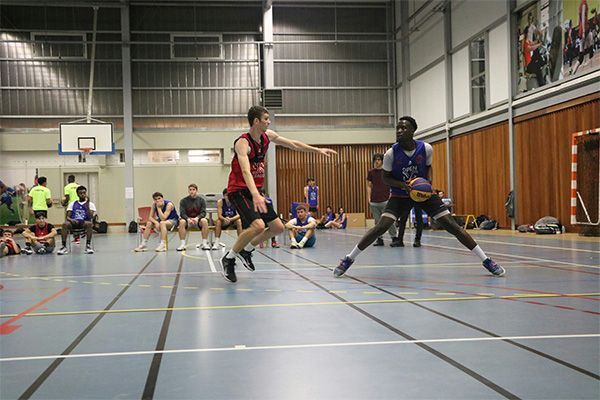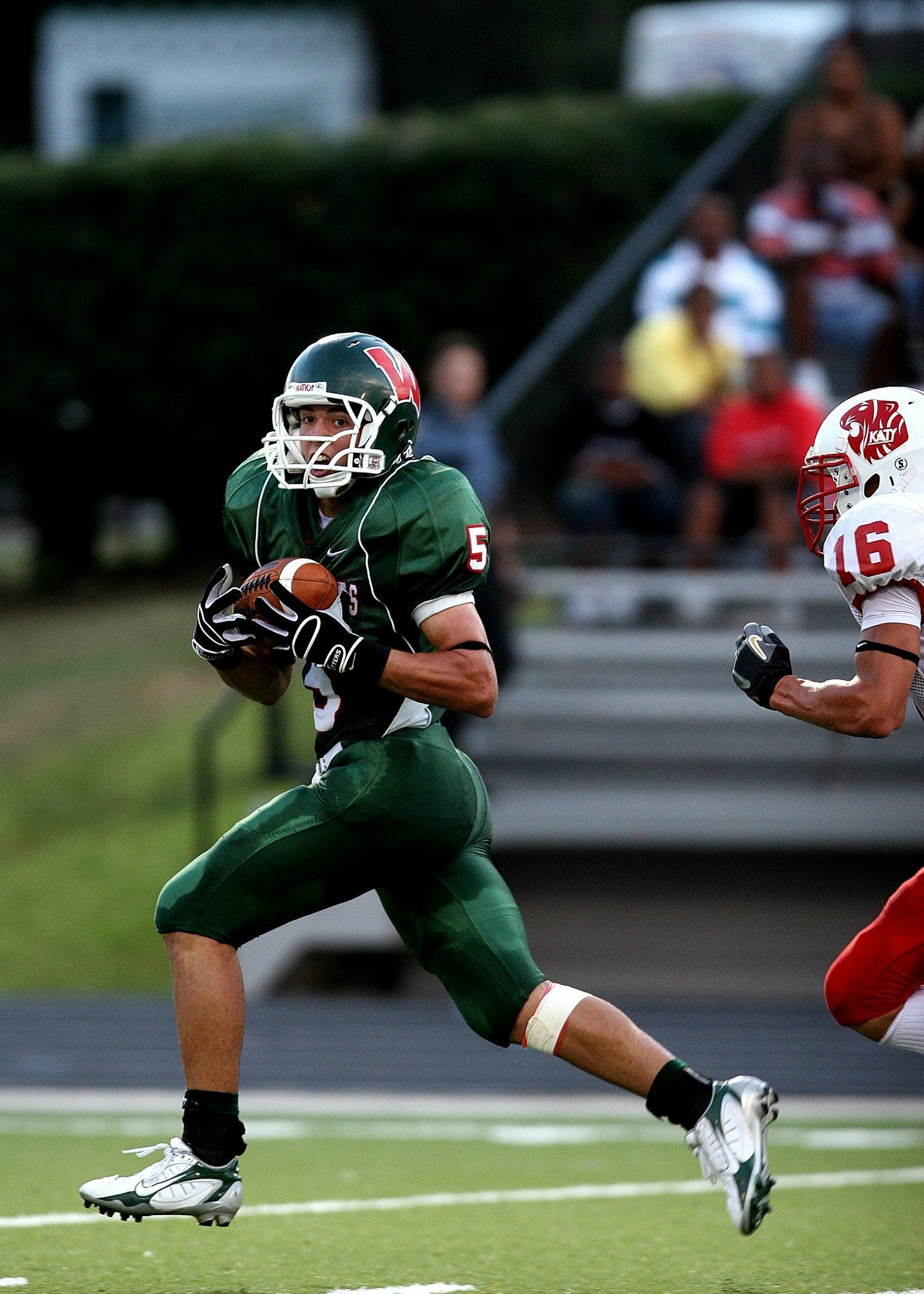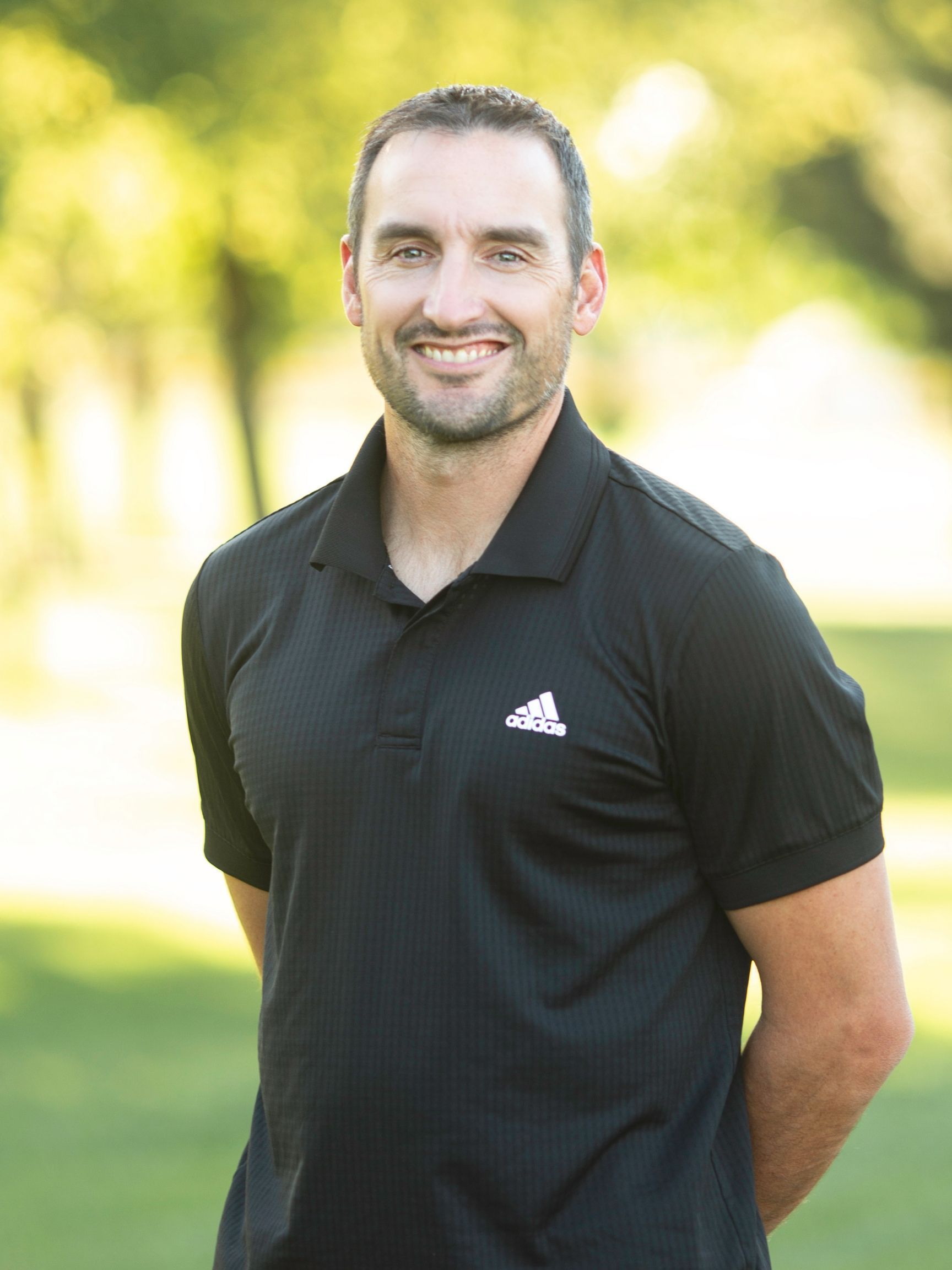By: Luke Olson, MGCP
Performance Coach
Make your youth program a priority . When I talk about our program, I mean our K-12 program. I want active involvement from my staff and players, and I try to get good people involved with my youth programs and camps. I try to make our youth sessions efficient and with great purpose. I want the sessions to prepare them for a future with our program, which to us means good skills, good work ethic, and good character. Our program wants to see a lot of interaction between our high school players and our youth players. We feel like this fills our stands and creates great game environments. We want our youth players watching how our high school kids compete and envisioning themselves in the same situations in their future, and we want our high school players to understand that they are constantly being watched. We feel that this creates consistency with the program so the younger players know what is expected of them both on and off the floor once they begin their freshman year in our high school program. Consistency within your K-12 program builds culture.
Create strong relationships with players . I have high expectations from all of the players in our program. Our players have intense off-season workouts, they work numerous youth camps and volunteer their time at community events. Classroom behavior and grades are checked on during the year, and our in-season schedule is very time-consuming and intense. I feel like all of this allows us a chance to compete at a high level and use our influence in the right way. I wouldn’t be able to expect this from our players unless they trusted me and trusted that I have their best interests in mind. This can only happen with strong relationships that are created, improved, and developed outside of basketball workouts. This starts in our youth sessions. These sessions are far less intense than our high school workouts which allows for more time to get to know them. As they become high school players, this continues with individual meetings, small group meetings, classroom time, time spent after practice or workouts just checking in. The more you get to know your players on a personal level, the better you can coach them. What can you do to help them? What fills their cups? What motivates them? Once players know you are invested in their life outside of their sport, the trust builds and their buy-in to your program strengthens.
Create a Safe Environment . Don’t misunderstand this. My definition of safe might be different than yours. Our ideal practice environment is one actually driven by conflict. Conflict that takes place in a safe environment is beneficial to the group, but conflict can be detrimental in other types of situations. We want to create a practice environment where intense effort is encouraged, appreciated, and expected, resulting in a highly competitive and “chippy” atmosphere. We want all of our players to push each other outside their comfort zone on a consistent basis at practice, knowing that if done in the right way, all players will see improvement. We feel that this can happen if every player knows that our practices are safe places to give that kind of effort. We try to send the message that only true competitors, those that understand and appreciate how important it is to get after each other in practice, are allowed into our practices. If we didn’t believe that you were capable of giving that kind of effort, we wouldn’t have brought you into our program. If we didn’t feel that you were capable of moving on once practice is over, you wouldn’t be allowed to be part of our program. We feel like the safest environment is one where players can get after each other in a competitive, conflict-driven practice, feeling confident that there will be no carry over once practice ends. If we can create that type of environment, our players will benefit, the trust between coaches and players grows, and our culture will be stronger.
Coach with Consistency . We encourage aggressive mistakes in practice. (These are different than mistakes caused by a lack of effort – we will not tolerate effort mistakes!) We feel that the team that makes more aggressive mistakes in the game has a better chance of winning because it gives our kids an aggressive mindset and not a timid one. We also want our players to hear us tell them to make mistakes, which we hope allows them an easier path to move on from their mistakes in a game. Because we encourage them in practice, we have to be cognizant of how we react to mistakes in a game. We try not to show any reaction to a mistake other than one that shows complete confidence in the player that made the mistake. The player already knows the mistake was made, no need for us to point it out, he needs us to show him that we still have complete confidence in his ability to make the next play. We have to be consistent in how we handle mistakes in practices and in games in order to allow our players to play at a high level. Players that play without fear of making mistakes have a better chance to play at the top of their potential. I believe the worst thing I could do during a game is to “sell out” my player with a reaction that highlights a mistake he made and admonishes myself. Coaches that do this appear to be blaming the kid, justifying their ability to coach, and virtually leaving his player on an island by himself. No coach intentionally coaches his player to make a mistake, and no player intends to make a mistake. In the difficult moment after a mistake, the player will likely hear something from the crowd, an opponent, or possibly a teammate. He needs to look at his coach and see confidence and trust. Mistakes by players are opportunities to build trust – accepting a player’s mistake or even sharing the blame of the mistake strengthens that player’s trust in you. Strong cultures are built on trust, and trust is earned in the difficult moments, not the easy ones.
Luke’s career has always revolved around sports. A three-sport athlete in high school, he played College Basketball at Hastings College from 1999-2003, earning 1 st Team All-Conference and graduating as a 1,000 point scorer. He started his coaching career as a college assistant, and has continued into the high school ranks in Nebraska. He took the Head Boys Basketball job at Bennington High School in 2011, when the school was transitioning from Class C to Class B. As one of the smallest schools in the state in Class B at the time, he began looking for other ways for his teams to gain an edge against the larger competition. One of those methods was the mental game work that we use here at Focus. After a 22-26 record his first two years, his teams have gone 112-42, winning four consecutive district championships and two consecutive conference championships. In the past 5 years, he has coached the 1 st , 3 rd , and 4 th All-time leading scorers in Bennington history, and his teams have broken several school records. As a Certified Mental Game Coach, Luke has used the curriculum with several of his players and seen tremendous results. His players have been named to an All-State team seven times and four have earned Collegiate Scholarships. The MGCP program has given Luke an avenue to continue to help young athlete’s put themselves in a position to have more success on the field, court, or course. More importantly, the skills that we work on make our athletes happier, more confident, and can be applied to all aspects of life. The stress and anxiety level of today’s athletes are as high as they’ve ever been – allow us to help them manage the stress and work to achieve the goals they have set for themselves.
The post Four Keys to Building & Improving Culture in your Athletic Program appeared first on Focus Therapy.











